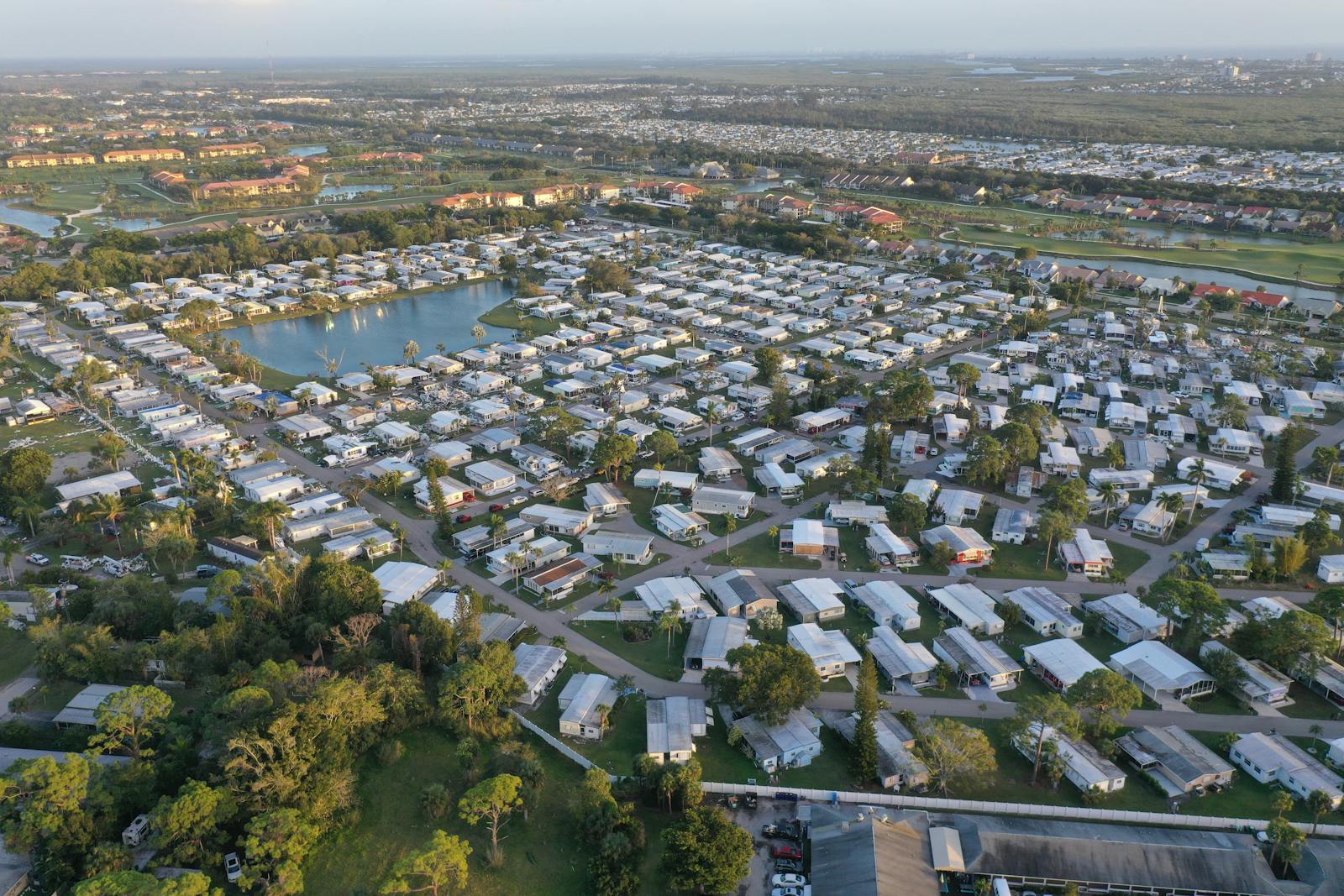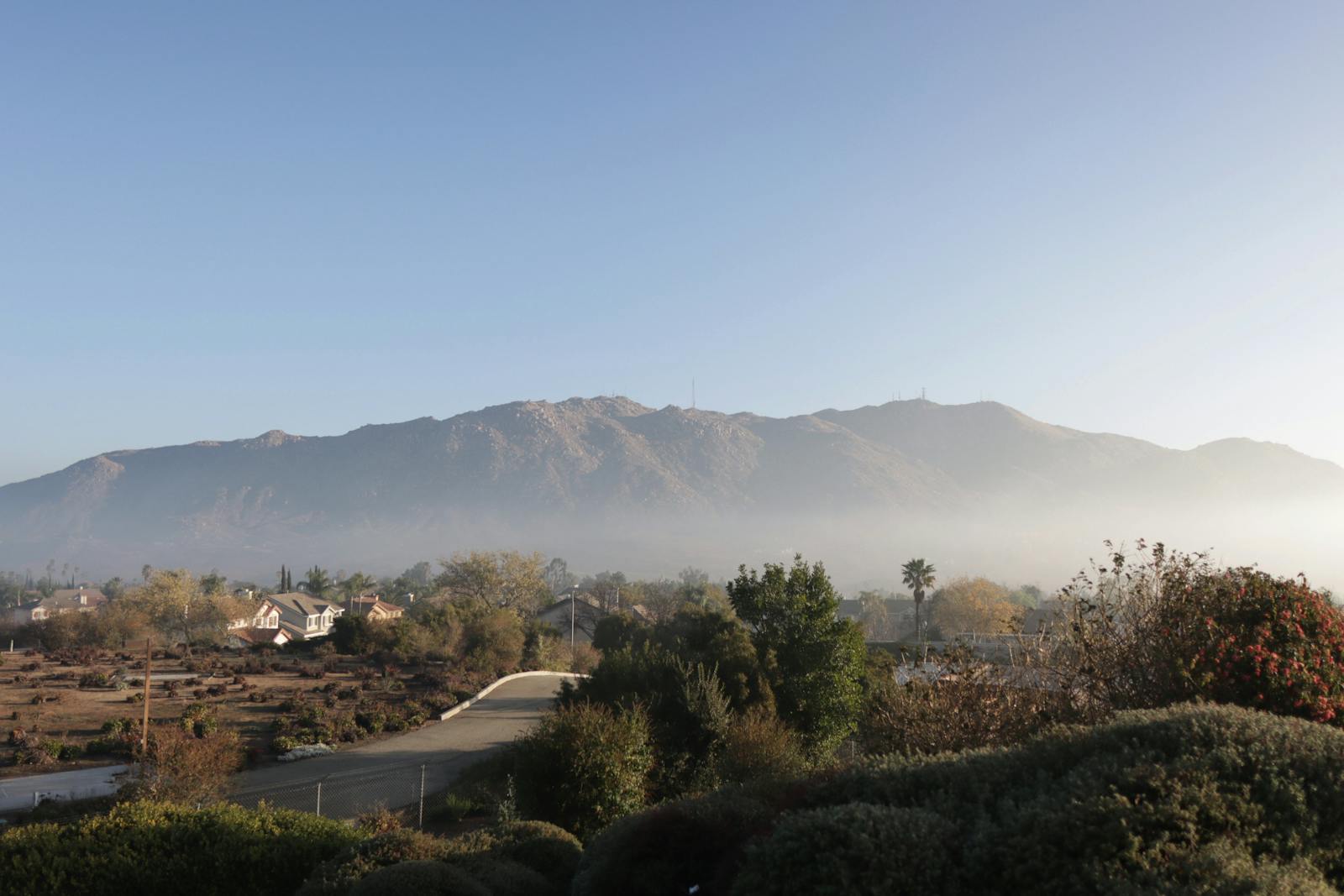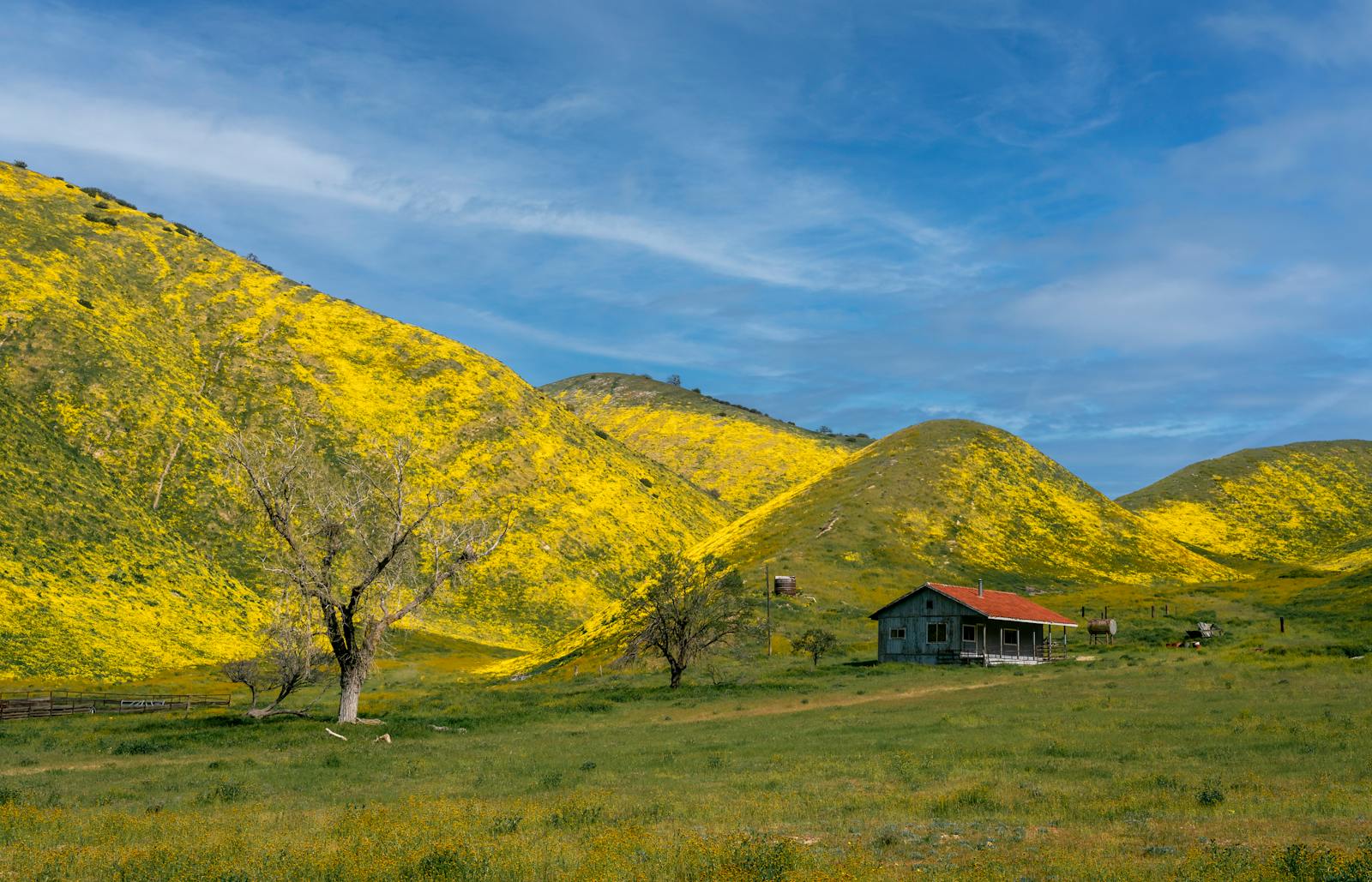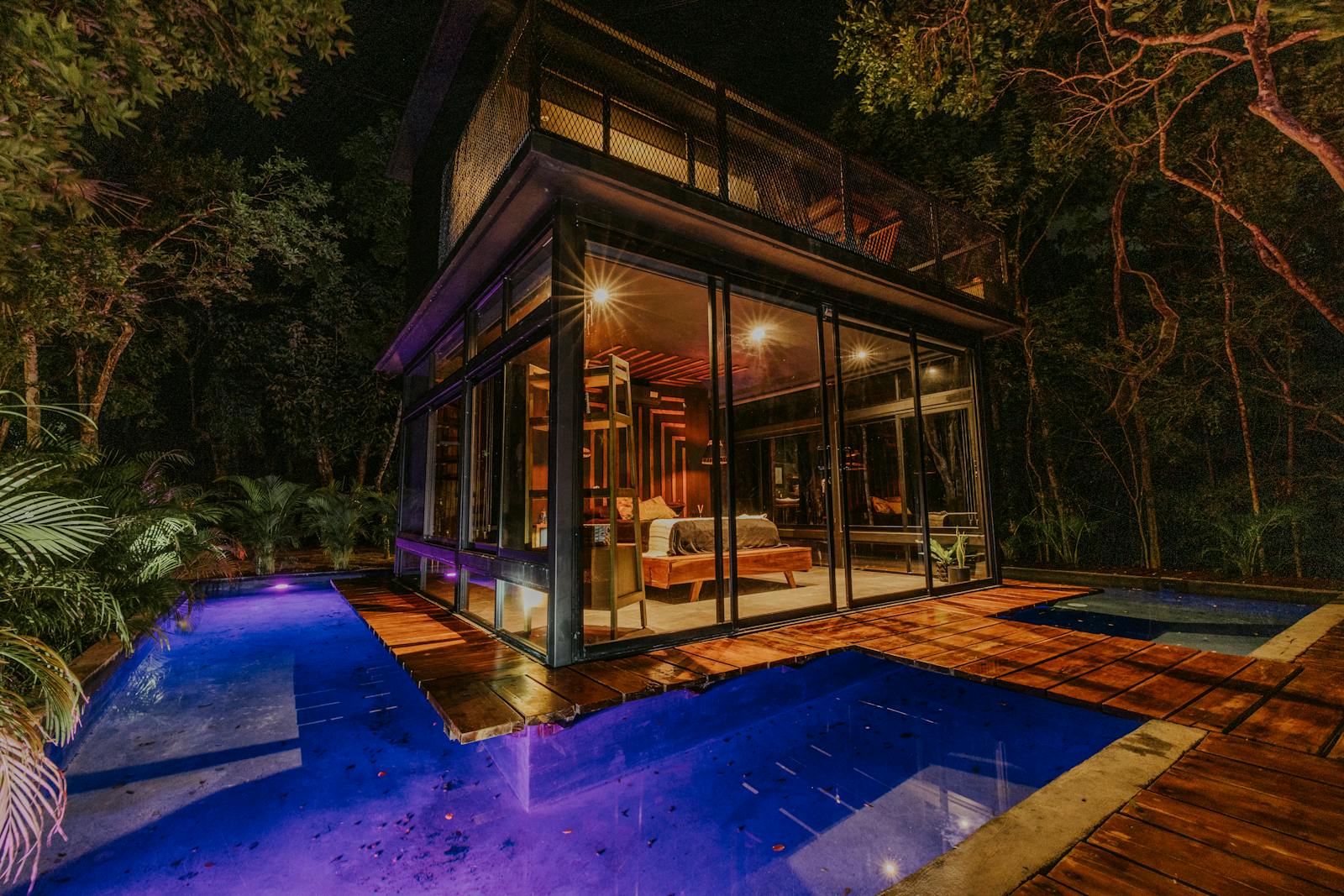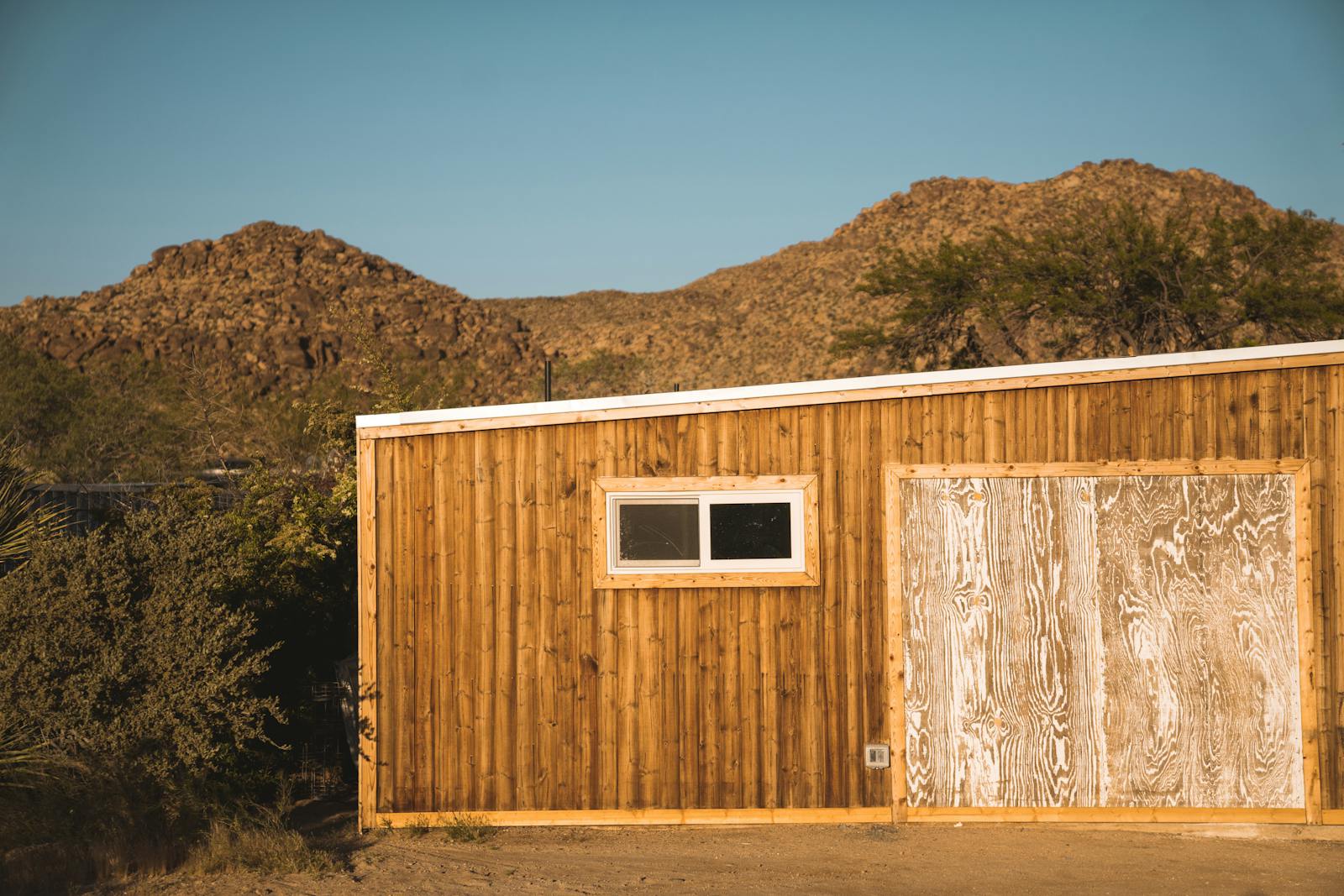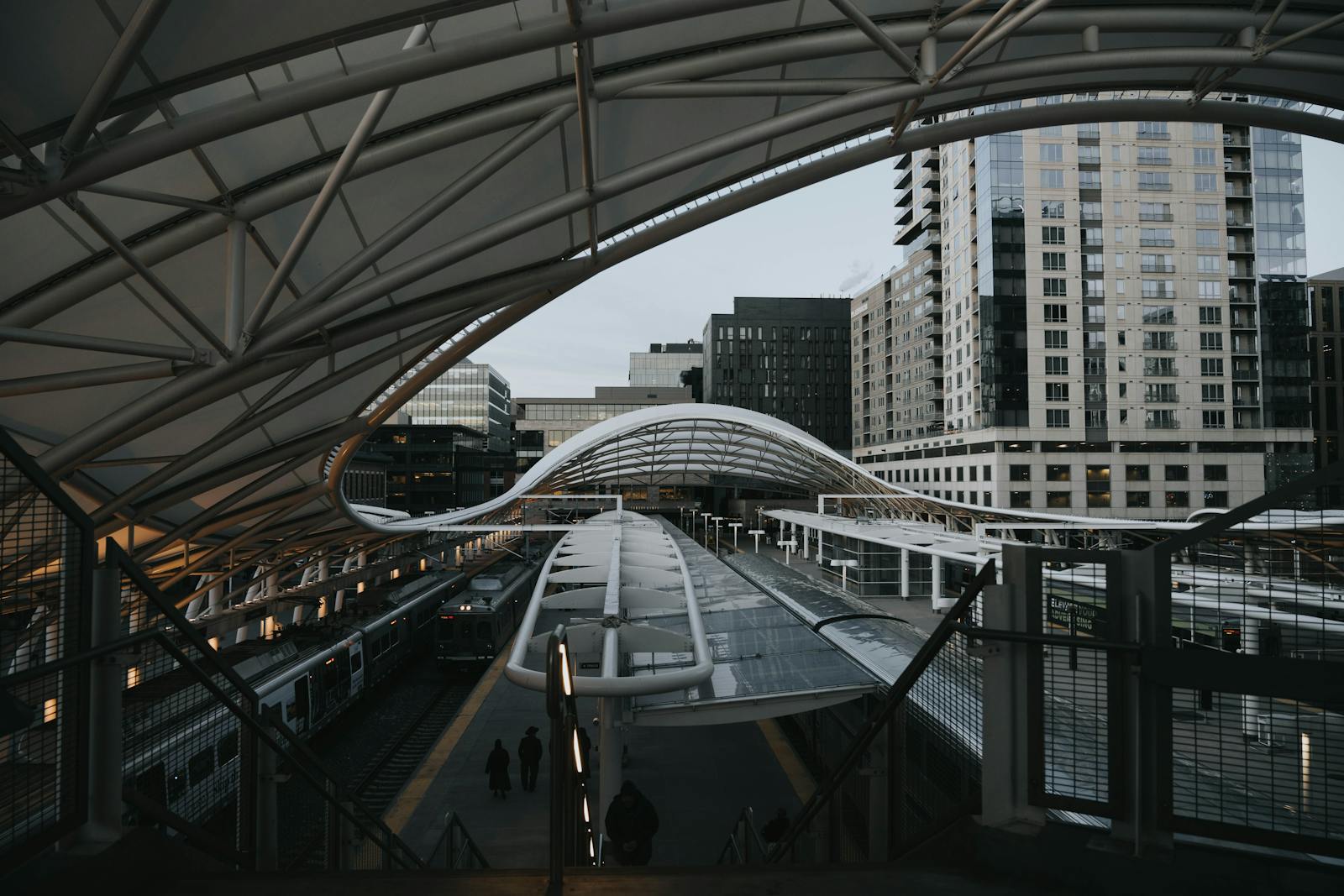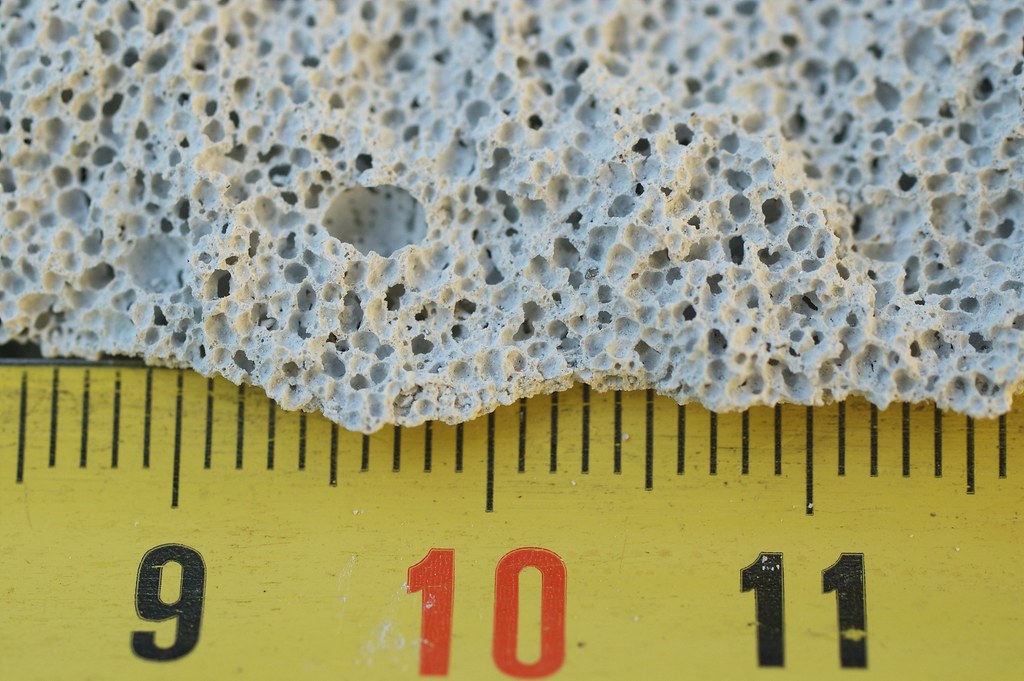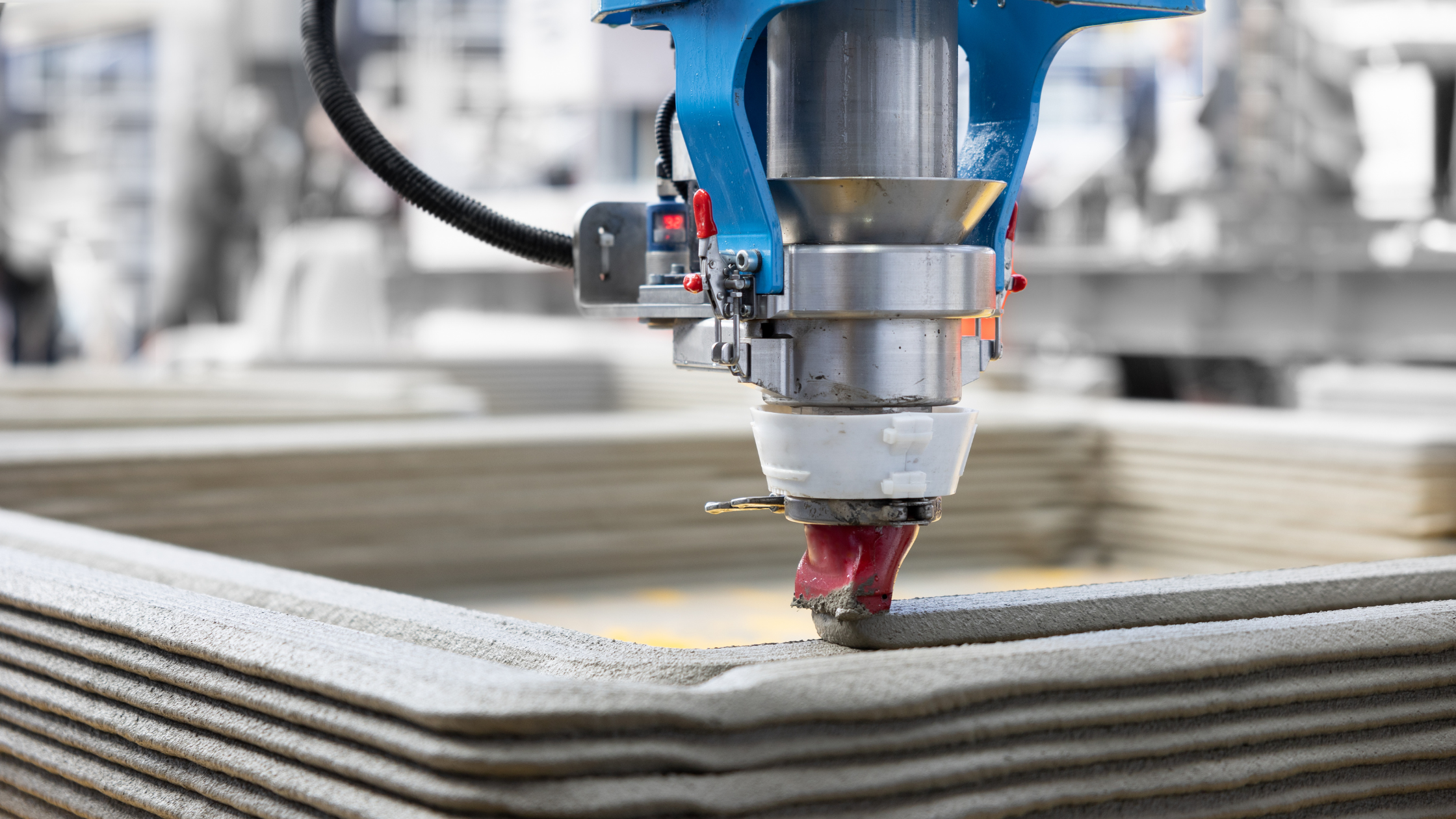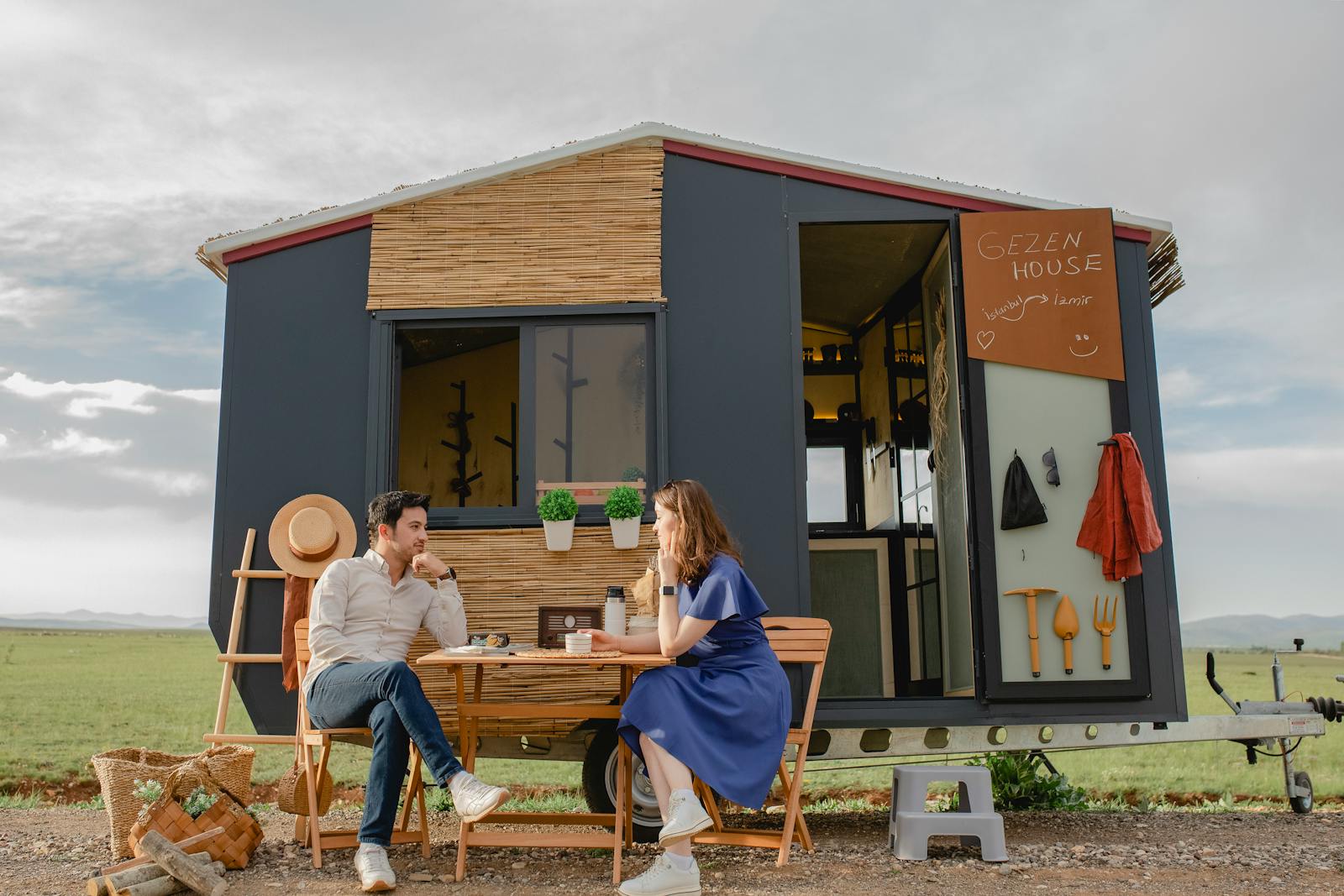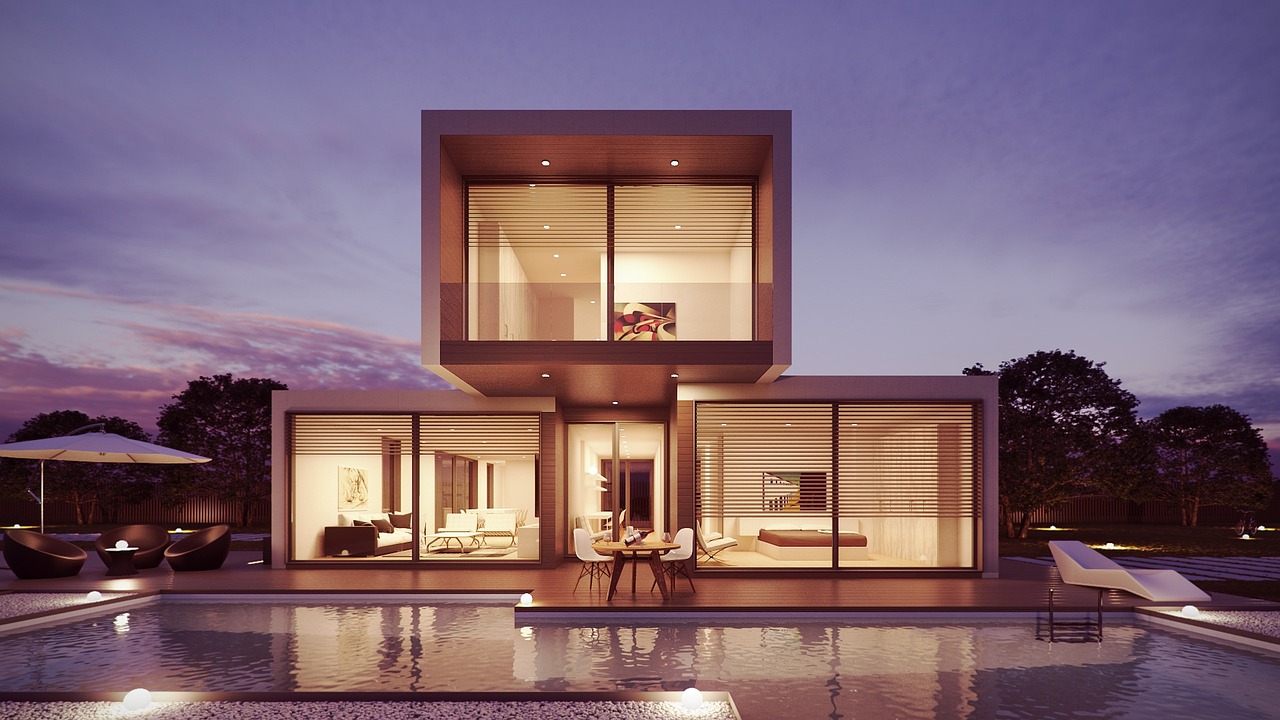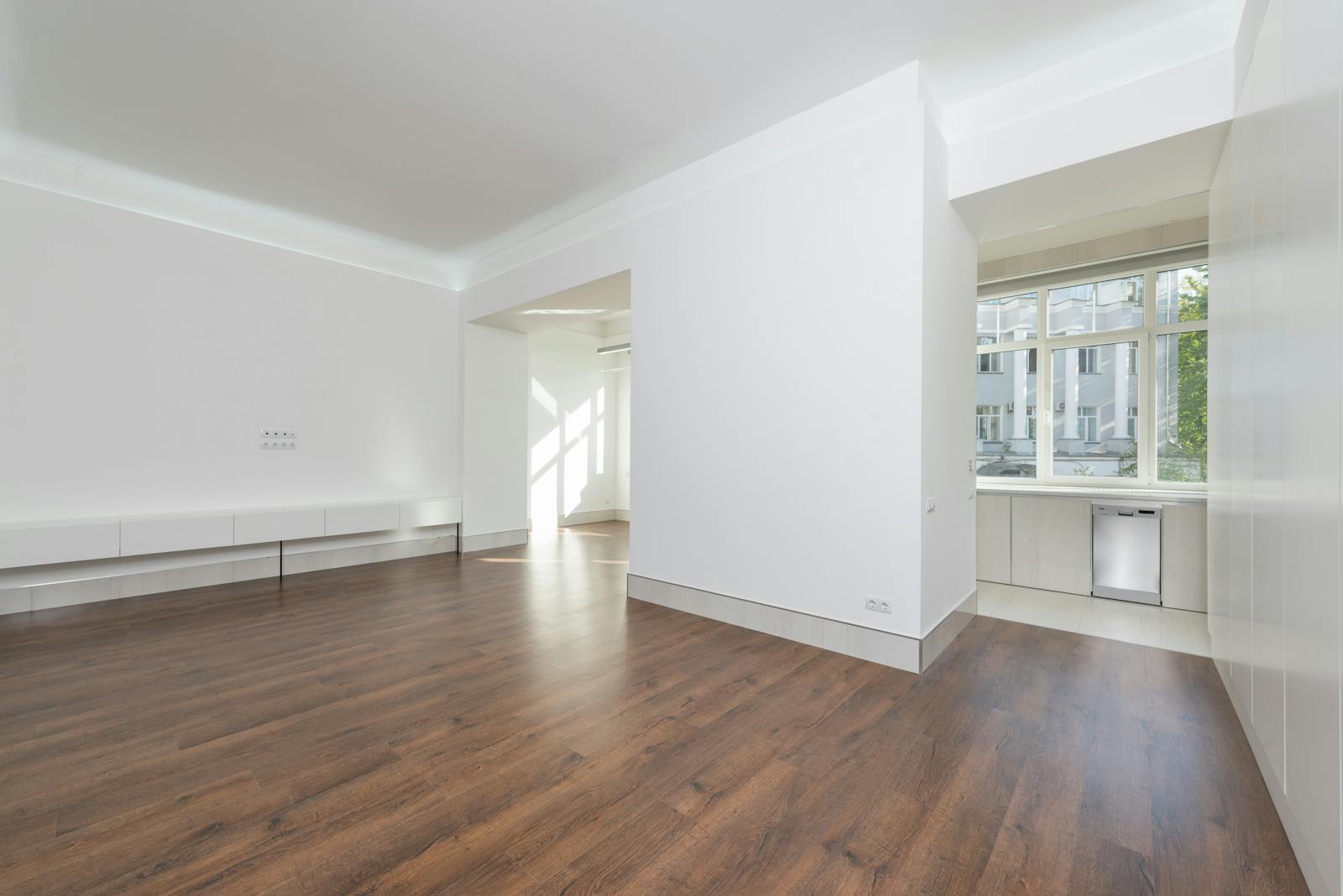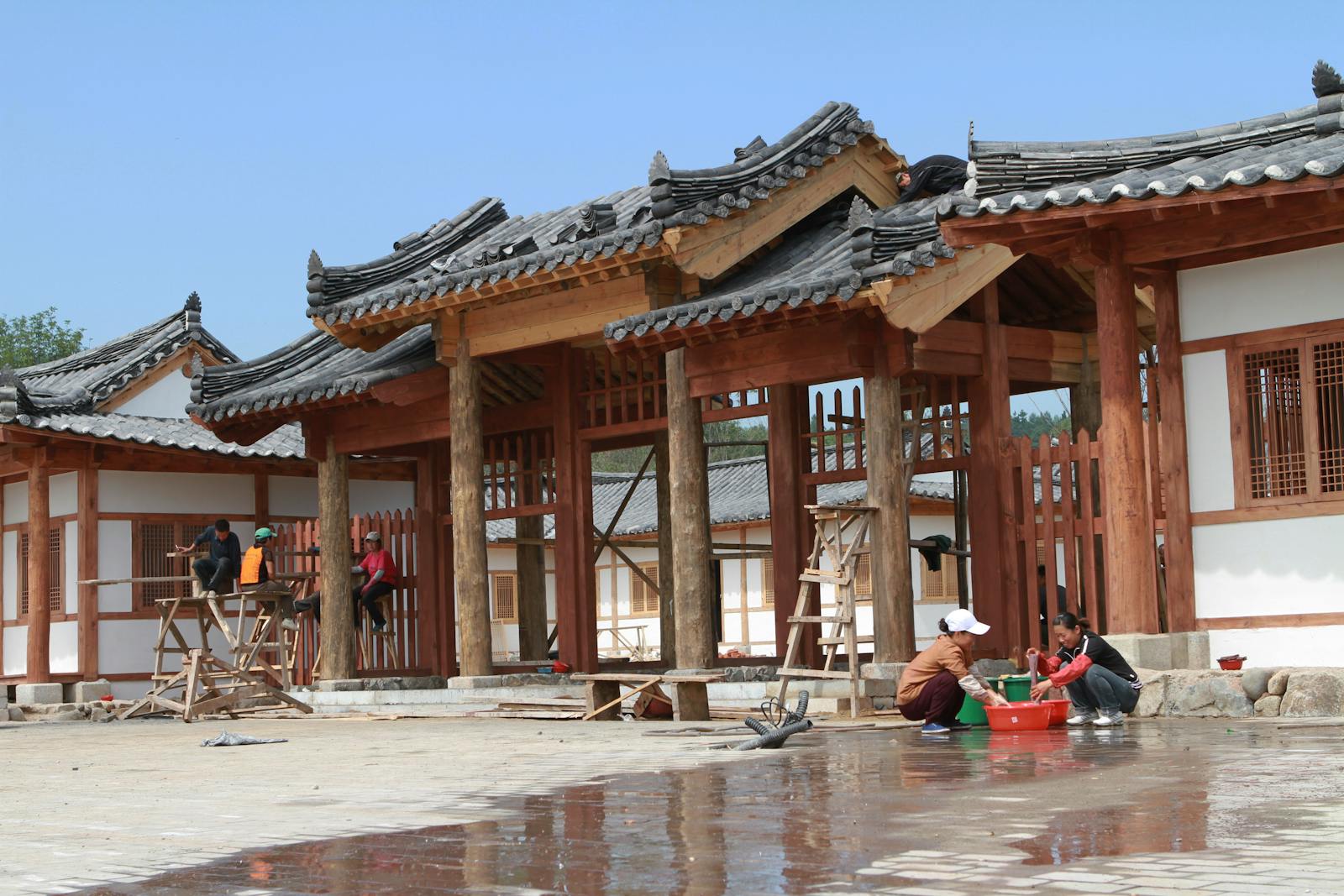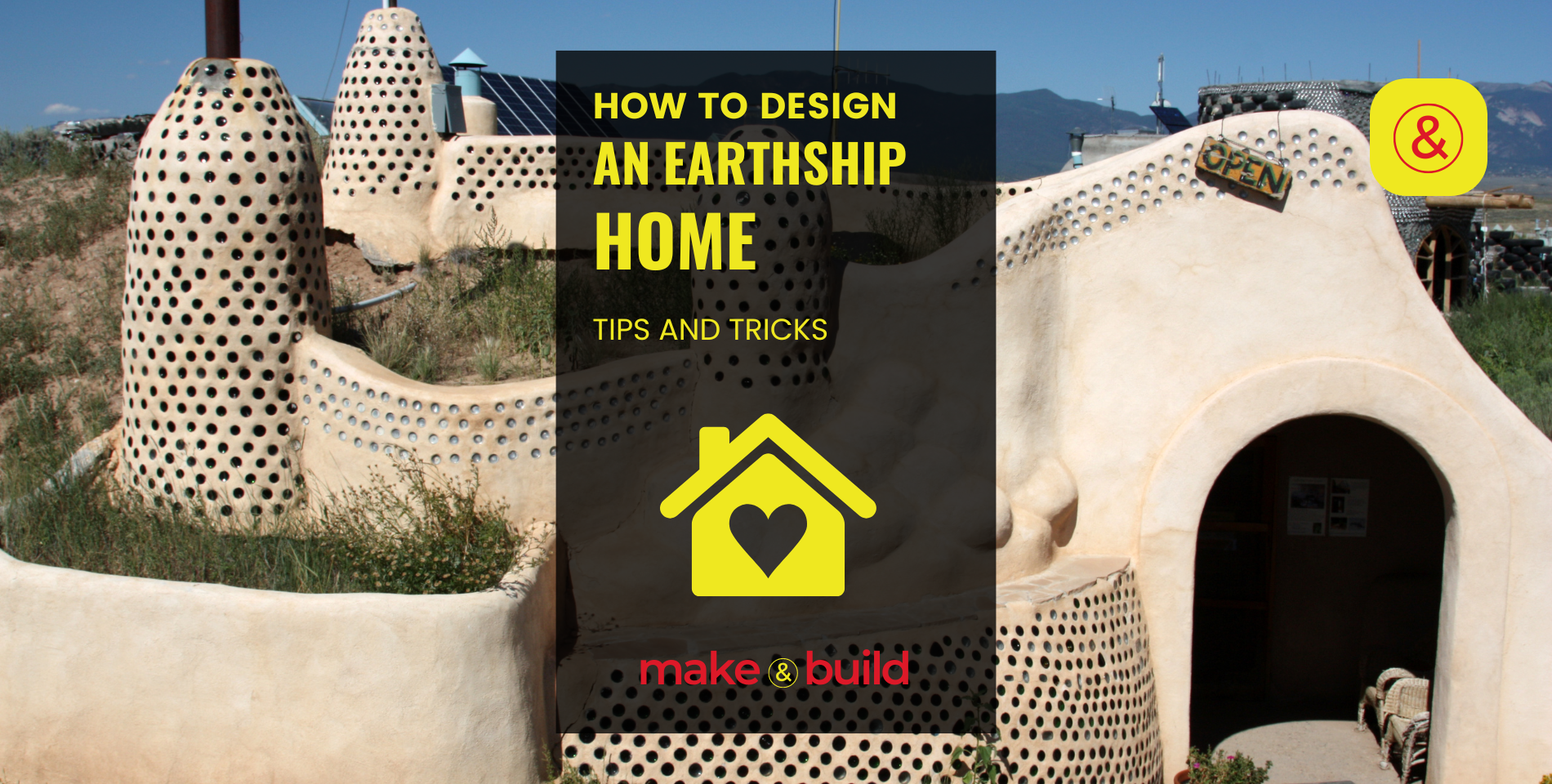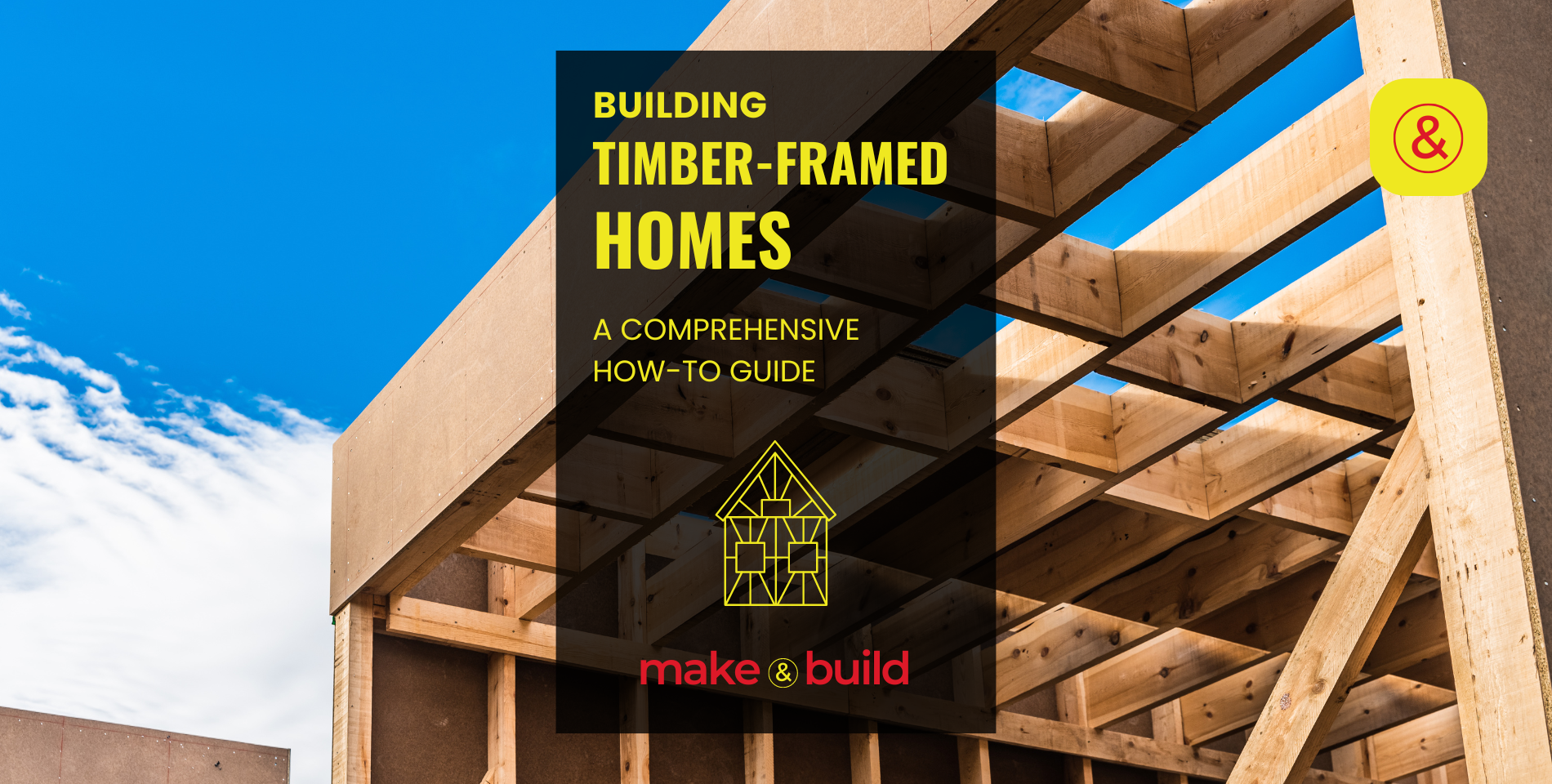Building in Detroit, Michigan
Detroit, Michigan is experiencing a modern-day renaissance, offering affordable land, growing investment opportunities, and progressive building initiatives in a historically industrial landscape.
Building in Detroit, Michigan
Detroit, Michigan is experiencing a modern-day renaissance, offering affordable land, growing investment opportunities, and progressive building initiatives in a historically industrial landscape.
Detroit Building Insights
- Scores
- Building Insights
- Photos
- Video
- Building Costs & Affordability
- Zoning & Land Use Regulations
- Infrastructure Readiness
- Climate & Environmental Factors
- Sustainability & Green Building
- Construction Workforce
- Investment & Development Potential
- Permitting & Bureaucratic Hurdles
- Seismic, Flood & Disaster Resilience
- Urban Expansion vs. Rural Development
- Top Construction Methods Used in the City
✅ Overall City Development Score
🏛️ Ease of Building Permits & Regulations Score
📍 Zoning Flexibility Score
🏢 Land Availability Score
👷 Construction Workforce Availability Score
🪵 Material Accessibility Score
🔌 Infrastructure Readiness Score
💰 Cost of Construction Score
⏳ Project Completion Speed Score
🌡️ Climate Adaptability Score
🌪️ Extreme Weather Risk Score
💨 Air Quality Score
🚰 Water Availability & Quality Score
🏗️ Soil Stability Score
🌱 Sustainability & Green Building Score
🏦 Real Estate Investment Potential Score
📊 Cost of Living Score
📈 Property Value Growth Score
📝 Taxation & Development Incentives Score
🏢 Business & Commercial Growth Score
🚇 Transportation & Public Transit Score
⚡ Utility & Energy Reliability Score
📡 Smart City & Technology Integration Score
🚶 Walkability & Accessibility Score
🏗️ Urban Density & Space Efficiency Score
🛡️ Safety & Crime Rate Score
🎓 Education & Workforce Training Score
🏥 Healthcare & Emergency Services Score
🏡 Community Development & Livability Score
🚀 Future Growth Potential Score
📖 City Building Overview:
Detroit is transforming from a city of industrial decay into a hub for urban redevelopment and innovation. With affordable construction costs, abundant land, and city-backed incentives for development, it’s a compelling destination for real estate and construction ventures. Whether revitalizing a historic building or investing in mixed-use spaces, Detroit presents a unique blend of opportunity, grit, and growth. From midtown to the waterfront, Detroit’s infrastructure, green building focus, and construction potential continue to evolve, attracting new developers and creative investors.
City Name 🏙️
Country 🌍
United States
Latitude & Longitude 📍
42.3314° N, 83.0458° W
✈️ Living & Working Remotely
Climate & Weather Considerations ☀️🌧️
Cold
Nearby Parks and Attractions 🌅
Belle Isle Park, Detroit Riverwalk, Dequindre Cut Greenway, and the Detroit Institute of Arts.
Best Construction Methods for the City 🏗️
-
Traditional
-
Prefab
-
Modular
-
Brick & Mortar
-
Renovation & Adaptive Reuse
Local Building Regulations & Permits 📜
Detroit’s building permits and zoning are regulated through the Buildings, Safety Engineering and Environmental Department (BSEED). Permits can be submitted online via the eLAPS portal. Strict zoning enforcement and historical preservation rules apply, especially in designated districts.
Water Management & Tap Water Quality 💧
Detroit Water and Sewerage Department (DWSD) provides water and wastewater services. The tap water is generally safe and treated, but aging infrastructure and historical issues (e.g., Flint proximity) make water quality a recurring concern. Learn more about water quality and management at WaterWise Innovations or check your local tap water report here. 🚰
Zoning & Land Use Restrictions 🏢
Detroit has undergone significant zoning updates to encourage adaptive reuse, mixed-use development, and urban farming on vacant lots. There are specific overlay districts to support historic preservation and corridor revitalization.
Farming & Gardening Potential 🌱
Strong potential for urban farming, especially with city-supported initiatives turning vacant lots into community gardens. Detroit is considered a leader in urban agriculture. 🌱 Discover the best gardening strategies for Detriot at RootJoy!
Availability of Construction Materials 🏗️
Moderate
City Sustainability 🌍
Developing… 🌍 Explore how cities worldwide are embracing sustainability at Sustainable World!
Cost of Construction Per Square Foot 💰
$120 – $210 per sq ft
Workforce & Skilled Labor Availability 👷
Medium
Sustainability & Green Building Initiatives 🌱
Developing – Efforts are underway for green roofs, energy-efficient retrofits, and LEED-certified renovations in commercial zones.
Infrastructure & Utilities Access ⚡
Reliable
Resilience to Natural Disasters 🌪️
-
Earthquakes: Low
-
Floods: Moderate (especially in low-lying areas)
-
Fires: Low
-
Hurricanes: Not applicable
Investment & Development Opportunities 📈
High – Detroit is seeing a resurgence in downtown and midtown investment, with major redevelopment projects and incentives for property rehabilitation.
Urban vs. Rural Development Suitability 🌆🏡
Best for urban infill, brownfield redevelopment, and industrial-to-residential conversions.
Government Incentives & Grants 💸
Programs include NEZ (Neighborhood Enterprise Zones), OPRA (Obsolete Property Rehabilitation Act), and brownfield redevelopment credits. The Detroit Land Bank Authority also offers incentives for property acquisition and development.
Building Insights & Key Facts 🔍
-
High potential for adaptive reuse and revitalization projects
-
Strong push for affordable housing and mixed-use developments
-
Several large development projects underway near downtown and Corktown
-
Available land at lower cost than most U.S. metros
City Development Score 📊
78/100
🏗️ Building Costs & Affordability in Detroit, Michigan
Average Construction Costs
Detroit offers a relatively affordable entry point for residential development compared to many major U.S. cities. Here’s a breakdown of typical construction costs:
-
Standard Build: $130 to $160 per square foot
-
Premium Build: $160 to $200 per square foot
-
Luxury Build: $200 to $250+ per square foot
These estimates generally exclude land acquisition and site preparation, which can vary widely depending on the neighborhood.
Housing Market Snapshot
The median home price in Detroit remains under $100,000, making it an attractive market for first-time homeowners and real estate investors. Despite gradual price increases over the past few years, Detroit is still among the most affordable cities in the U.S. for owning or building property.
Affordability vs. Income
While construction costs are relatively low, the city’s median household income of around $36,000 means that housing affordability remains a challenge. For many residents, the target for affordable housing is around $900–$1,000 per month, which doesn’t always align with market offerings labeled as “affordable.”
Public & Private Investment
In recent years, the city has invested significantly in affordable housing projects, preservation efforts, and redevelopment programs. This includes billions committed to creating units with capped rental rates and encouraging mixed-income developments.
Overall Outlook
Detroit presents high potential for developers seeking cost-effective land and materials, with a need for housing options that align with local income levels. For builders and urban planners, the city offers an excellent mix of low barriers to entry and growing investment in community revitalization.
🏢 Zoning & Land Use Regulations in Detroit
Detroit’s zoning and land use regulations provide a framework to manage the city’s urban growth and redevelopment efforts. The city is divided into a variety of zoning districts—each with specific standards governing the use of land, building height, density, and more.
Zoning Districts
-
Residential Zones allow single-family and multi-family developments with design guidelines to preserve neighborhood integrity.
-
Commercial Zones are designed for retail, office, and service uses and increasingly support mixed-use developments.
-
Industrial Zones, including the M4 district, permit manufacturing and logistics operations away from residential areas.
-
Planned Development Zones (PD) allow for flexible, comprehensive site planning aligned with the city’s long-term vision.
Special Land Use & Site Plan Reviews
Many projects in Detroit require a special land use hearing and site plan approval process, especially for uses that may have environmental or traffic implications.
Recent Zoning Initiatives
-
Solar Projects: Detroit is considering zoning reforms to support solar farms on vacant residential land.
-
Cannabis Zoning: New ordinances are under review to regulate where recreational cannabis businesses can operate within the city.
Community Involvement
Detroit continues to improve public access to zoning information and encourages participation through public hearings and an updated zoning portal.
Helpful Zoning & Permit Links for Detroit:
-
Zoning Code & Ordinance: https://library.municode.com/mi/detroit/codes/code_of_ordinances
-
Detroit Zoning Portal: https://zoning.det.city
-
Special Land Use Info: https://detroitmi.gov/departments/buildings-safety-engineering-and-environmental-department/bseed-divisions/zoning-special-land-use
-
Residential Zoning Overview: https://www.steadily.com/blog/residential-zoning-laws-regulations-detroit
-
Recent Zoning Reform Article: https://detroit.curbed.com/2019/9/12/20863248/detroit-planning-commission-rezoning-ordinance-code
-
Solar Project Land Use Debate: https://www.axios.com/local/detroit/2024/07/16/detroit-solar-neighborhood-plan-prompts-land-use-debate
-
Cannabis Zoning in Eastern Market: https://www.axios.com/local/detroit/2022/09/15/eastern-market-weed-detroit
Climate & Environmental Factors in Detroit, Michigan
Detroit experiences a humid continental climate, with cold, snowy winters and warm, humid summers—making it a city that demands thoughtful construction practices tailored to seasonal extremes.
❄️ Winter Challenges
Winters in Detroit are cold, with temperatures often dropping below freezing and annual snowfall averaging around 43 inches. This makes insulation, heat retention, and energy-efficient building materials essential for residential and commercial construction.
☀️ Summer Heat & Humidity
Summers are typically warm and humid, with average highs reaching the mid-80s°F. Effective ventilation, passive cooling, and moisture-resistant building materials are recommended to combat indoor heat buildup and prevent mold or humidity damage.
🌧️ Precipitation & Drainage
The city receives moderate precipitation throughout the year. Stormwater management and proper site drainage are crucial to prevent water damage, especially in older neighborhoods with aging infrastructure.
🌬️ Air Quality & Urban Greenery
Detroit’s air quality has improved in recent years thanks to reduced industrial emissions and green infrastructure efforts. The city is actively promoting green spaces and urban forestry initiatives, which enhance livability while reducing the urban heat island effect.
♻️ Environmental Considerations
The city is increasingly focused on sustainability, climate resilience, and environmental justice. Programs aimed at increasing solar energy adoption, electrification, and green building certifications are gaining traction, especially in revitalization zones.
Summary
Detroit’s four-season climate necessitates construction solutions that can endure cold winters, humid summers, and moderate precipitation. From thermal insulation to green design elements, buildings in Detroit must strike a balance between durability, energy efficiency, and environmental responsiveness for long-term livability.
🌱 Sustainability & Green Building in Detroit
Detroit is making steady progress toward becoming a more sustainable, green city through policy efforts, community-driven projects, and private innovation. These initiatives are focused on improving air and water quality, reducing emissions, increasing energy efficiency, and revitalizing neighborhoods with green spaces.
🌿 City-Led Sustainability Initiatives
Detroit’s Office of Sustainability plays a leading role in coordinating climate strategy and urban resilience planning. Its goals include reducing greenhouse gas emissions, improving waste management, and fostering environmental justice. The city’s Sustainability Action Agenda outlines long-term objectives around affordable housing, mobility, energy, water, and job creation tied to sustainability.
🌱 Community Organizations & Environmental Nonprofits
Organizations like The Greening of Detroit and local urban farms have contributed significantly to the city’s environmental progress. These efforts include tree planting, green space development, and community gardens on vacant lots. The programs also support local employment and education in environmental stewardship.
🏗️ Green Construction & Architecture
The green building movement in Detroit continues to grow. Developers and nonprofits are investing in eco-friendly construction using energy-efficient materials, water conservation systems, and non-toxic finishes. There’s also a growing interest in solar integration, passive design, and smart home technology in both new builds and retrofits.
🌇 Urban Agriculture & Food Sustainability
Urban farming initiatives are flourishing in Detroit’s vacant lots, helping address food deserts and promote community health. These urban farms offer educational opportunities and support local food systems, contributing to overall sustainability goals.
🏞️ Repurposing Land for Green Space
Vacant and underutilized lots across the city are being transformed into parks, tree farms, and greenspaces. These efforts help reduce urban blight, improve neighborhood aesthetics, and increase stormwater absorption through green infrastructure.
🔄 Ongoing Opportunities
While the city faces challenges such as aging infrastructure and economic disparities, there’s strong momentum toward greener, more inclusive development. With continued investment and collaboration, Detroit is poised to become a national example of sustainable urban revitalization.
Construction Workforce in Detroit
Detroit’s construction workforce plays a critical role in the city’s ongoing development and revitalization. As the city continues to attract investment and launch new infrastructure projects, demand for skilled labor remains steady, though not without challenges.
Employment Trends
-
Growth in Employment: The construction sector in Detroit has seen a gradual increase in jobs, especially in areas connected to infrastructure and housing development. Recent labor reports show consistent hiring in the building trades, signaling a healthy demand for labor.
-
Unemployment Concerns: While the sector is growing, the overall unemployment rate in Detroit remains higher than the national average. This discrepancy reflects broader economic challenges, including skills mismatches and access to training.
Workforce Development
-
City-led Training Programs: Detroit has launched initiatives to connect residents with opportunities in the construction field. These programs help prepare local workers for careers in carpentry, electrical work, plumbing, and general contracting.
-
Youth & Entry-Level Support: Programs targeting high school students and entry-level workers are helping to introduce younger populations to construction careers. These efforts aim to combat an aging labor force and secure the next generation of skilled tradespeople.
Labor Market Challenges
-
Aging Workforce: A significant portion of Detroit’s current construction labor force is nearing retirement age, creating an urgent need to onboard and train younger workers.
-
Skills Gap: While there is demand for construction workers, many employers face difficulty finding laborers with the right certifications or experience, particularly in specialized trades.
-
Economic Sensitivity: The construction industry is especially vulnerable to economic downturns and policy changes that affect housing and infrastructure budgets.
Opportunities Ahead
-
Public Infrastructure Projects: Detroit’s ongoing public works and city improvement plans are expected to drive continued demand for construction professionals, from entry-level laborers to experienced project managers.
-
Tech & Innovation: With more companies embracing automation and technology in construction, there’s a growing opportunity for workers with both traditional trade experience and technical expertise.
-
Collaborative Partnerships: Local government and trade unions are increasingly working together to expand apprenticeship programs and strengthen the labor pipeline through community engagement and education.
Detroit’s construction workforce is on a promising path, supported by job creation and forward-thinking programs. Continued investment in workforce development will be key to meeting future demands and ensuring inclusive access to career opportunities in building and infrastructure.
Permitting & Bureaucratic Hurdles in Detroit
Navigating the permitting and approval process in Detroit can present both opportunities and challenges for developers and builders. While the city has made significant strides in recent years to streamline procedures and support development, certain hurdles remain that builders should be aware of.
Permit Process Overview
The City of Detroit’s Buildings, Safety Engineering and Environmental Department (BSEED) oversees the majority of permitting, zoning, and construction approvals. The city offers an online portal (ePLANS) that allows for digital submissions of building plans, permit applications, and inspections, aiming to increase transparency and reduce wait times.
Common Delays and Challenges
While digital systems have improved accessibility, developers sometimes face delays due to:
-
Backlogged applications or incomplete submissions.
-
Zoning reviews that may require additional variances or public hearings.
-
Permit review coordination between multiple departments (environmental, historic, utility, etc.).
-
Inspections and site evaluations that may take longer in higher-volume areas.
For small-scale projects, the process may be relatively smooth. However, for larger, mixed-use, or redevelopment projects, the bureaucratic layers can lengthen timelines and increase soft costs.
Improvements and Streamlining Efforts
Detroit has launched initiatives like the Development Resource Team (DRT) to assist developers in navigating the process, especially for large or complex projects. In addition, the city provides pre-application meetings and zoning assistance to help clarify requirements before formal submissions.
Permit Costs
Permit fees in Detroit are calculated based on project scope and estimated value. While relatively affordable compared to larger cities, these costs can still be significant for major developments, particularly when combined with consultant, engineering, or inspection fees.
Key Takeaways
-
✅ Online system (ePLANS) helps simplify submissions and track approvals.
-
⚠️ Expect longer timelines for large-scale or multi-phase developments.
-
⚠️ Coordination with multiple agencies may create bottlenecks.
-
✅ Pre-application meetings and planning consultations are highly recommended.
Detroit is working to modernize its systems and support smart growth, but patience and preparation are key to navigating the city’s permitting ecosystem effectively.
📑 Buildings, Safety Engineering and Environmental Department (BSEED)
Main hub for permitting, zoning, building safety, inspections, and business licenses.
🔗 https://detroitmi.gov/departments/buildings-safety-engineering-and-environmental-department-bseed
📍 Detroit Zoning Ordinance
Review current zoning laws and land-use regulations across Detroit.
🔗 https://library.municode.com/mi/detroit/codes/code_of_ordinances?nodeId=PTIIIAPCOZOOR
Seismic, Flood, and Disaster Resilience in Detroit
Detroit faces a range of environmental challenges, particularly related to flooding and climate-related weather events. While seismic risks are low, flood mitigation and community preparedness have become key focus areas for long-term urban resilience.
Seismic Resilience
Detroit is located in a region with low seismic activity, meaning earthquakes are rare and typically low in magnitude. As a result, seismic resilience is not a major concern for the city, and buildings are generally not constructed with significant earthquake-specific reinforcements.
Flood Resilience
Flooding is a much more prominent risk in Detroit. The city’s aging infrastructure—especially its combined sewer systems—often struggles to manage heavy rainfall. This has led to increased incidents of street flooding and water damage in residential areas.
To address this, Detroit has been actively upgrading its stormwater infrastructure and conducting feasibility studies to assess flood risk. These efforts focus on enhancing sewer capacity, improving water flow systems, and implementing green infrastructure to manage runoff more effectively.
Specific neighborhoods, particularly on the east side, have been targeted for planning studies to develop localized strategies that reduce flood vulnerability while also improving water quality.
Disaster Resilience and Community Preparedness
Detroit has launched initiatives to better prepare its communities for climate-induced events. These include the development of resilience hubs—community centers equipped to support residents with energy, heating/cooling, and supplies during emergencies. These hubs are designed to serve as local support systems during power outages, heatwaves, or severe storms.
The city also emphasizes community engagement through workshops, surveys, and pilot projects, ensuring that residents are directly involved in planning and response strategies tailored to their needs.
Overall, while Detroit’s flood risk remains a concern, the city’s growing emphasis on infrastructure upgrades, green solutions, and resident-led resilience efforts demonstrates a proactive approach to building long-term environmental resilience.
Urban Expansion vs. Rural Development in Detroit
Detroit’s development landscape is marked by ongoing urban revitalization efforts in the core city and increasing interest in transforming underutilized land, including more rural-style neighborhoods on the outskirts. The balance between urban expansion and rural development plays a crucial role in shaping the city’s long-term growth strategy.
Urban Expansion
Over the past decade, Detroit has experienced a notable wave of urban regeneration, particularly in Downtown, Midtown, and Corktown. Investments in housing, retail, public transit, and tech hubs have transformed parts of the city into walkable, vibrant urban centers. This urban expansion is fueled by public-private partnerships, infrastructure upgrades, and real estate development incentives.
Vacant lots and abandoned properties within the city core present opportunities for infill development, which supports higher-density living and helps rebuild neighborhood identity. These areas are often targeted for mixed-use development, affordable housing, and smart city technologies, reinforcing Detroit’s push toward compact, connected communities.
Rural & Peripheral Development
Beyond the urban core, Detroit’s outer neighborhoods and neighboring communities like Redford, Dearborn Heights, and parts of Wayne County offer larger land parcels and lower-density zoning. These areas are more suited to rural-style developments, including homesteading, small-scale agriculture, eco-villages, and off-grid or prefab housing.
Interest in these fringe zones is rising due to affordable land prices, reduced regulation in certain districts, and a growing movement toward sustainable, self-sufficient living. However, infrastructure such as roads, water access, and high-speed internet may be limited in some peripheral zones, which can affect build-out timelines and cost.
Strategic Development Outlook
Detroit’s urban plan increasingly emphasizes adaptive reuse and densification in the city core while also encouraging sustainable development models in less densely populated areas. This dual approach allows for creative experimentation—such as modular housing, urban farming, and community land trusts—while still concentrating investment in areas where infrastructure already exists.
Urban expansion remains the primary focus for economic growth and real estate development, but rural development opportunities are seen as vital for long-term resilience, sustainability, and community diversity.
Top Construction Methods Used in Detroit, Michigan
Detroit’s construction landscape blends traditional techniques with emerging innovations, reflecting its history, climate, and evolving real estate trends. The city’s rebuilding efforts have welcomed both classic brick-and-mortar development and forward-thinking methods like modular construction and adaptive reuse.
🧱 Traditional Wood Frame Construction
Wood framing is still the most common method for residential buildings in Detroit due to its affordability, flexibility, and compatibility with existing zoning. Most single-family homes and small apartment complexes are built using this method, especially in outer neighborhoods.
-
✅ Cost-effective and widely supported by local labor
-
✅ Quick to construct and easy to repair
-
⚠️ Requires regular maintenance and may be more vulnerable to fire and pests
🧱 Brick & Masonry Construction
Brick buildings are a staple of Detroit’s architectural heritage, particularly in commercial corridors and historic residential zones like Midtown and New Center. This method is highly valued for its durability and fire resistance.
-
✅ Long-lasting and highly durable in cold climates
-
✅ Excellent thermal mass and noise insulation
-
⚠️ More expensive and labor-intensive than wood
🏗️ Modular & Prefabricated Construction
Modular homes and prefab units are gaining popularity in Detroit’s urban infill zones and redevelopment projects. These methods allow for faster, more controlled building and are often used for affordable housing developments or eco-conscious designs.
-
✅ Reduces construction time and on-site waste
-
✅ Ideal for urban infill and community-scale housing
-
⚠️ Limited design flexibility and subject to transport constraints
🧱 Concrete & ICF (Insulated Concrete Forms)
Concrete block and ICF construction are used in both new builds and retrofits, especially for multi-family developments and commercial buildings. They offer excellent insulation and strength—important in Detroit’s seasonal climate.
-
✅ Superior energy efficiency and durability
-
✅ Resilient against moisture and pests
-
⚠️ Higher upfront material costs
♻️ Adaptive Reuse & Green Building
With many abandoned or underused structures, adaptive reuse is a central strategy in Detroit’s redevelopment. Old factories, schools, and warehouses are being repurposed into housing, coworking spaces, and mixed-use hubs.
-
✅ Preserves historic character and reduces demolition waste
-
✅ Eligible for grants and historic tax credits
-
⚠️ Requires specialized permits and structural assessments
🚧 Summary
Detroit’s top construction methods today reflect a balance between its industrial past and sustainable future. From classic wood and brick builds to modular units and green retrofits, the city is diversifying its building techniques to accommodate housing needs, climate resilience, and design innovation. As revitalization continues, expect a rise in hybrid models that combine prefab elements, reclaimed materials, and smart systems for better efficiency and lower environmental impact.
Subscribe to the Make & Build newsletter
Posts about Building Methods, Tools, Products & Exclusive Properties in your inbox
Blog
Reviews of Detroit Building
There are no reviews yet. Be the first one to write one.


